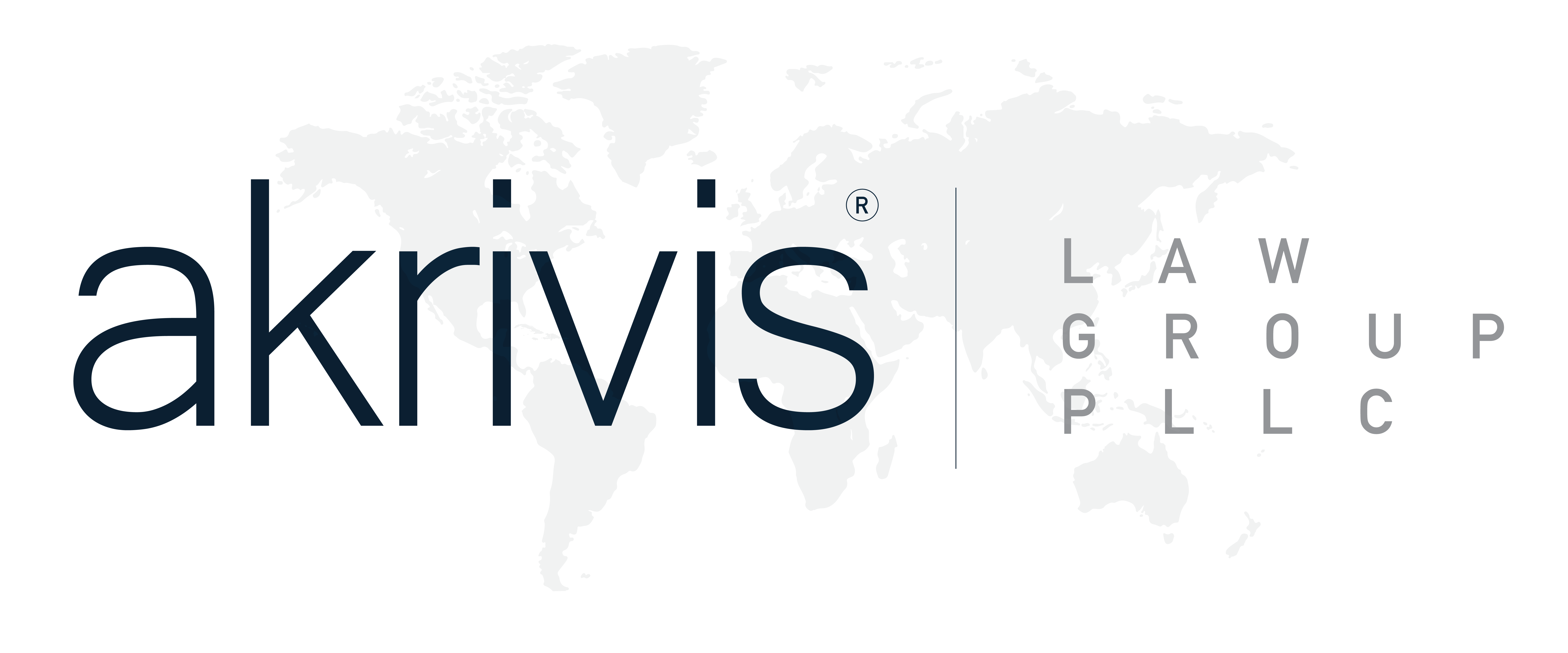I have been advising clients as an international trade compliance lawyer for 20 years, be it at global law firms, in-house counsel at major multinational companies, and in a boutique firm. To help clients handle difficult and stressful situations effectively, I have tried to streamline my approach towards problem-solving routine issues.
Years ago, I proposed a 10-step systematic approach to handling discovery of potential violations. This was very useful to the point that I long with my then-boss and mentor presented it at a conference and then wrote an article about it. However, in the ten or eleven years that passed since I developed this approach, the regulatory landscape of Export Administration Regulations (EAR), sanctions and embargoes administered by the Office of Foreign Assets Control (OFAC), and import laws or other laws and regulations affecting international trade has evolved. It was worthwhile revisiting my 10-step approach to the discovery of a violation to see if needed to be honed and updated.
- Gather initial facts. This goes without saying, but the who, what, when, where, and why.
- Conduct initial analysis. Many often may have an ambiguous idea as to why the conduct in question was even a problem – sometimes the violation may not be self-evident and just have a bad feel. Therefore, capturing the issue is critical. In many ways regulations governing certain conduct are not as clearly identifiable as purely EAR or OFAC or CBP violations. A proper analysis will review all potentially applicable legal regimes. It is also important that non-lawyers avoid putting their early conclusions regarding whether certain conduct was or was not legal into writing. This could create unfavorable evidence that could be obtained later by the regulators or potentially other litigants.
- Advise on suspending a potentially violative activity. Given your remedial action can be a key aggravating or mitigating factor, what you discover to be problematic should be paused to the fullest extent possible.
- Collaborate (report up) internally. It is critical that management be made aware of the issue and that those reporting the issue upward as a matter of policy face no repercussions. Separately, responding with clear communications to key parties is critical – you must make sure you avoid the creation of rumors while ensuring that the integrity of the investigation is not tainted.
- Consider bringing in external counsel. Ideally outside counsel that did not draft your compliance program or does not give you ongoing compliance advice may be extremely useful – it avoids potential conflicts of interests all while giving a “clean slate” to adequately respond in an objective manner.
- Begin working on fixing compliance gap. Back to remediation – you identified the problem, now what? It is important to start working on fixing the compliance gap as early as possible, because it may often involve a substantial amount of time and effort.
- Consider filing an initial notification of voluntary self-disclosure (VSD). The sooner you file an initial notification, the sooner you can get you “on the clock.” If the regulators receive information about the violation(s) at issue through other channels, this will preclude your company from getting VSD credit.
- Conduct a full investigation. This is critical to be able to understand the reach and depth of the problem. This investigation will often involve a “litigation hold” – a directive to the employees to refrain from deleting any records related to the investigation. You should interview key parties as soon as possible as they may be difficult to find if they later leave the company.
- Complete compliance gap fix and file final voluntary-self disclosure. A proper internal investigation will ensure that your VSD is thorough and complete.
- Audit compliance gap fix. Verify that your compliance fix is catching potential violations before they happen.
Of course, there is much more to each of these steps, and nothing replaces years of experience doing this work and being privy on the latest developments in the law and enforcement policies. For example, the decision on whether to file a voluntary self-disclosure should be made in light of the latest enforcement guidelines, policy statements, and trends. There are clearly other factors to consider.
Today’s handing of approaching the discovery of a violation cannot be anything but systematic. Rules are vast, cases are document intensive, and submissions need to be thorough. The command of the facts and narrative, as well as applicable law, must be comprehensive to establish order in the chaos of dealing with violation of trade laws or regulations.


